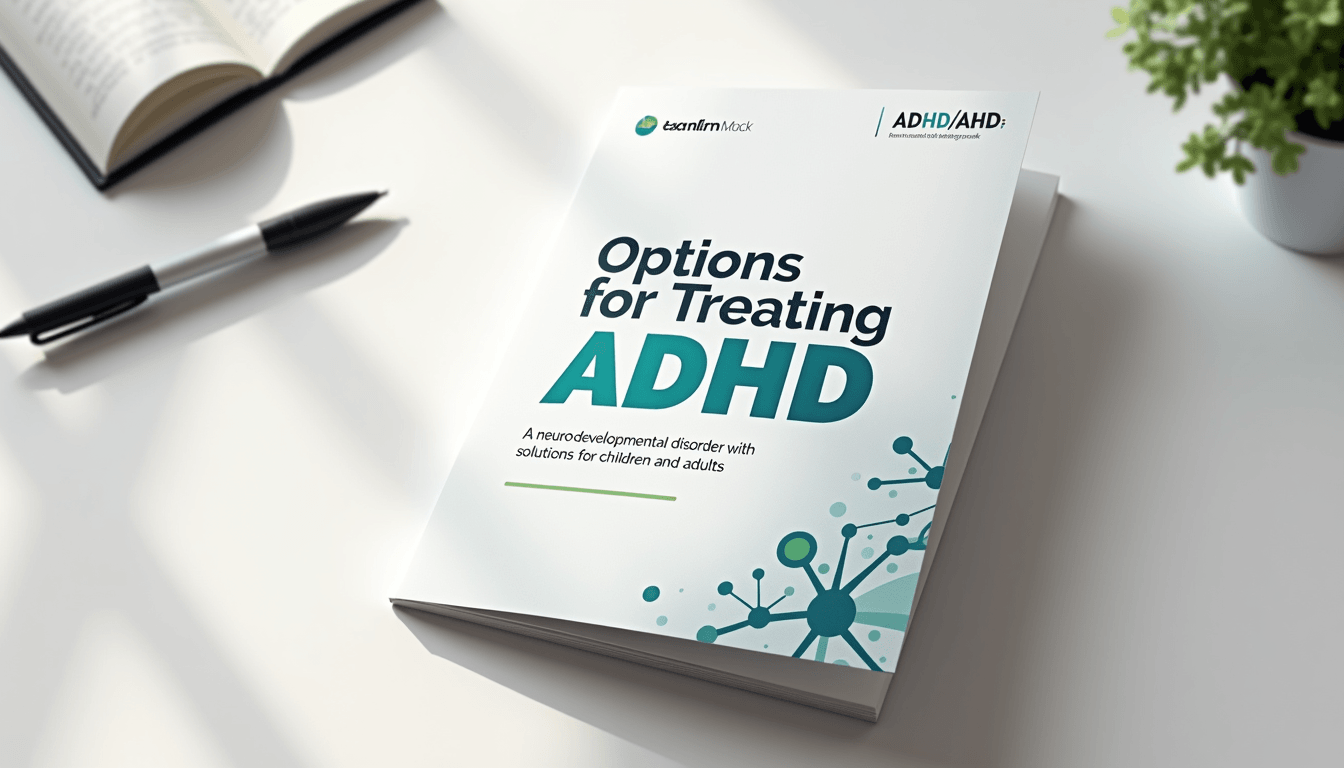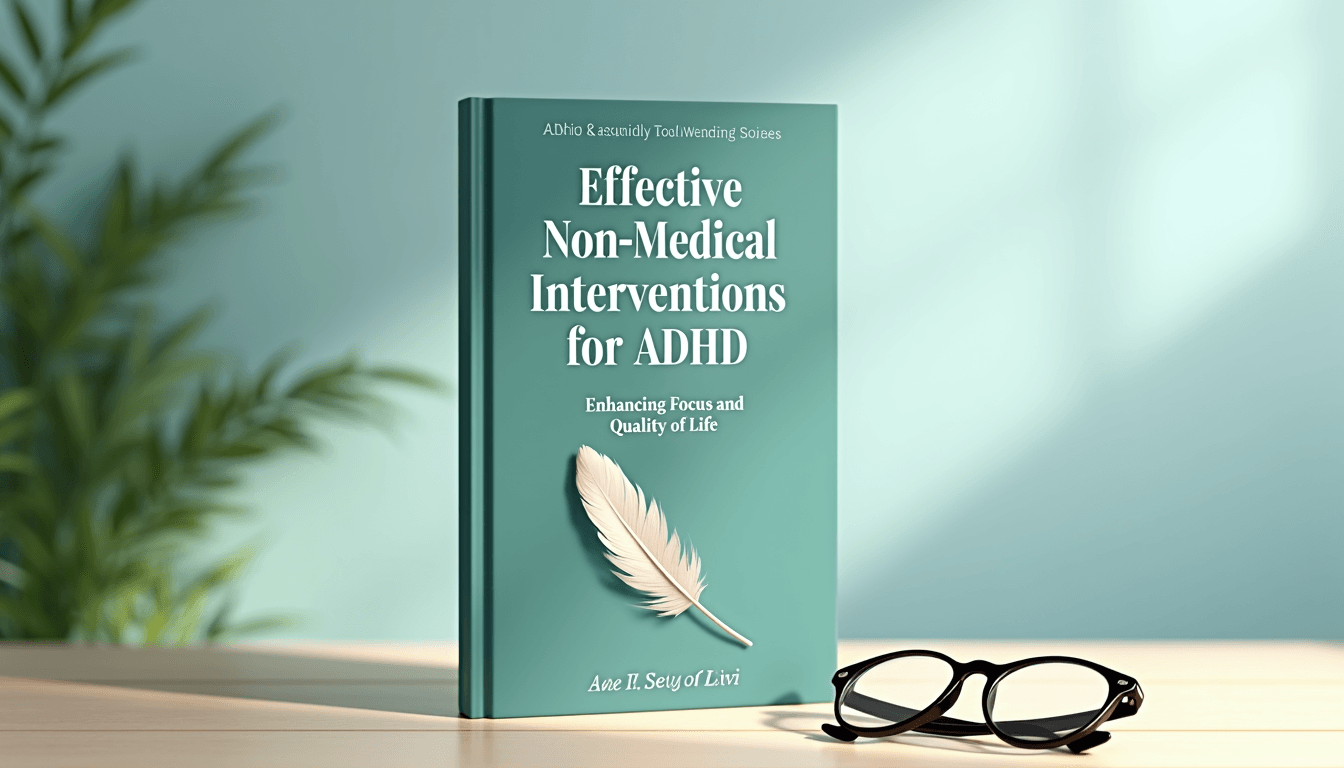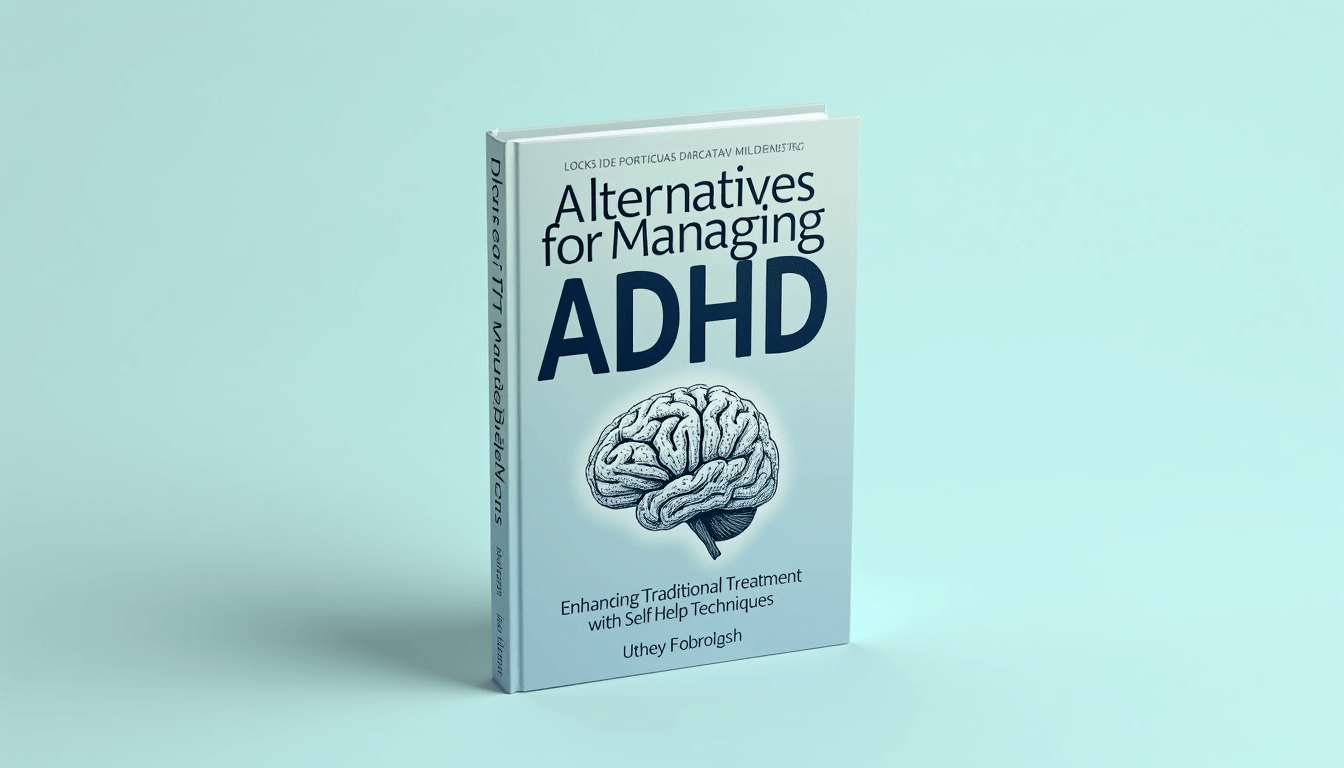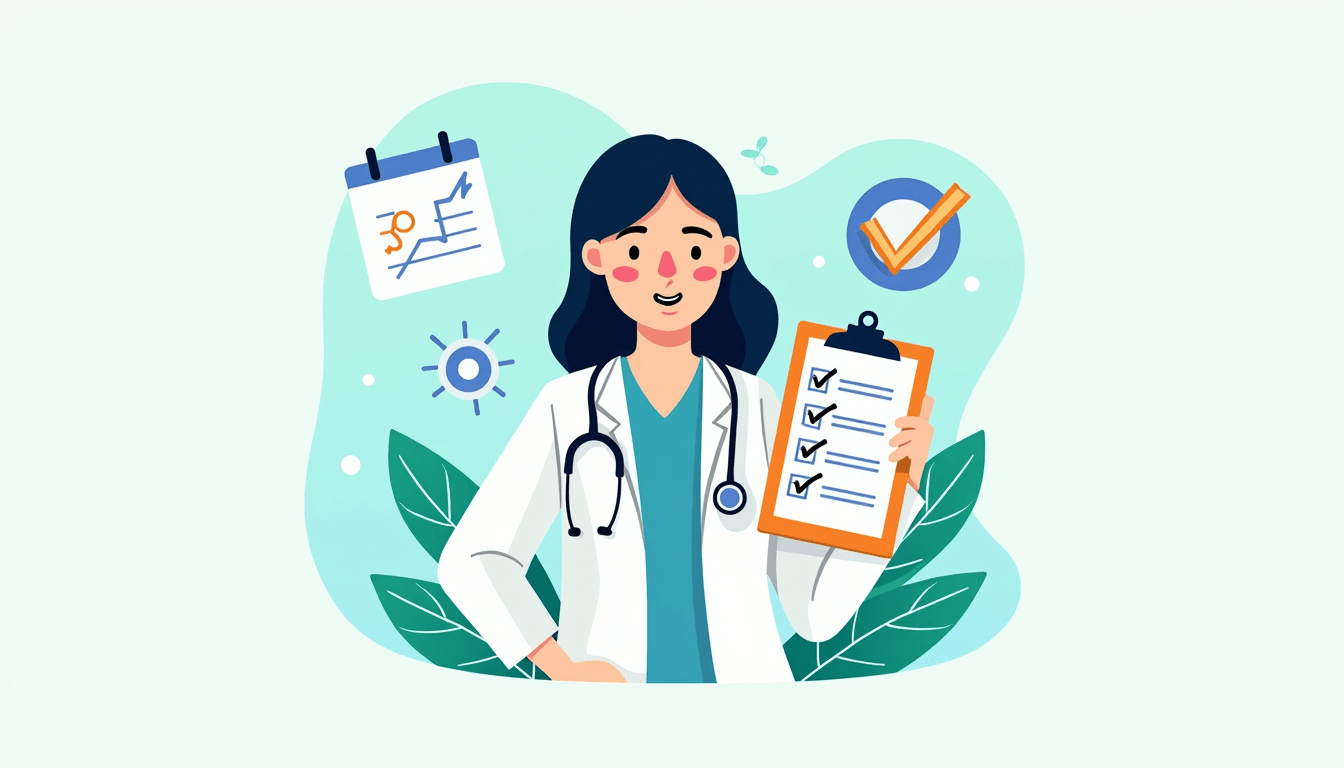ADHD Treatment
Attention deficit hyperactivity disorder has a wide range of treatment options, so it’s critical to understand which one would work best for you.
Options for Treating ADHD
A neurodevelopmental disorder is attention deficit hyperactivity disorder (ADHD/ADD). In both children and adults, it results in abnormally high levels of hyperactivity, impulsive conduct, and inattention.
Adults with ADHD can be treated in a variety of ways. Psychiatric treatment, talk therapy, psychoeducation, medication, and family support could all be helpful. ADHD can be effectively treated with medication, although this is rarely the only course of action. The most uncomfortable symptoms are lessened by medications, and new behavioral patterns and coping skills are developed through non-pharmacological therapy.
ADHD Drugs
Among the many approaches to treating ADHD, drugs often become a crucial part of the regimen. By altering neurotransmitters, which are unique chemical messengers in the brain, they aid in the reduction of upsetting symptoms. To determine if medicine is the right course of action, a healthcare professional considers symptoms, past medication responses, and other health-related factors.
ADHD drugs fall into two main pharmacological classes: stimulants and non-stimulants.

Stimulants for the central nervous system (CNS)
The most often prescribed drugs for ADHD are stimulants. They have a calming impact on persons with ADHD because they raise dopamine and norepinephrine. Focus and attention span are improved, while hyperactivity is reduced.
The following are a few of the stimulant drugs that are most frequently prescribed for ADHD:
Adderall, DextroStat, Adzenys XR-ODT, Desoxyn, Evekeo, Xelstrym, and other amphetamine-based stimulants
Azstarys with Dexmethylphenidate Focalin
Concerta, Ritalin, Daytrana, and Metadate are examples of methylphenidate.
Vyvanse Lisdexamfetamine
Non-stimulants
Your doctor could suggest non-stimulant medications if stimulant medications have not been successful in treating ADHD symptoms or if they have serious negative effects. They primarily work by increasing norepinephrine levels, which enhance focus and memory.
Non-stimulants that are frequently recommended include:
Atomoxetine, Strattera
Kapvay, Clonidine
Intuniv, Guanfacine
Viloxazine, Qelbree
Non-Medical Interventions
Effective treatments for ADHD include behavioral therapy and talk therapy. They can be used either by themselves or in conjunction with prescription drugs, and they improve mood and general quality of life. Therapy sessions can assist you in managing the different challenges that ADHD symptoms may lead you to encounter at work, at home, or in relationships.

CBT, or cognitive-behavioral therapy
To help you feel more in control of your life, cognitive behavioral therapy (CBT) teaches you how to change your thoughts, feelings, and actions. With your therapist, you can talk about various everyday difficulties, such as particular circumstances or ingrained behaviors. CBT is used to treat depression, anxiety, and ADHD, among other problems.
DBT, or dialectical behavioral therapy
Professor of psychology at the University of Washington Marsha Linehan, Ph.D., ABPP (American Board of Professional Psychology), created DBT. Treating borderline personality disorder was its first goal. It is now one of the best methods for enhancing emotional control and is also used to treat ADHD.
Training on Social Skills
Social skills training could be beneficial if you struggle in social situations due to ADHD. It seeks to establish new, more socially acceptable habits, just like CBT. Both professional and social interactions can benefit from this understanding.
Coaching for ADHD
ADHD coaches help their clients develop their social skills, communicate more effectively, explore career and business options, grow emotionally and intellectually, and arrange their finances carefully. You could feel more inspired to live a healthy, balanced lifestyle.
Support Communities
One effective strategy to meet people who share your issues and experiences is to attend support groups. Knowing that you’re not the only one with ADHD might be a comfort. There, you can build a second support system in a nonjudgmental setting and exchange advice on managing and conquering ADHD.
Alternatives for Managing ADHD
You may use self-help techniques in addition to conventional forms of ADHD treatment to enhance the results of counseling and medication.

Supplements and Diet
A balanced diet should be followed by those with ADHD. Although there isn’t much proof, a few studies have suggested that taking supplements containing omega-3 and omega-6 fatty acids may help reduce the symptoms of ADHD. Don’t reduce your food intake, though, before speaking with a medical professional. Consultation is also necessary when taking supplements because some of them may interfere with prescription drugs or lessen their efficacy.
Methods of Relaxation
Meditation, mindfulness practices, and deep breathing exercises can all help control the symptoms of ADHD. They support a calmer mental state, increase self-awareness, and lessen tension. Better focus and emotional control can result from incorporating these techniques into regular activities.
Rest well.
For those with ADHD, establishing and sticking to a regular sleep schedule is essential. Seven to eight hours of good sleep is essential for mood control, attention span, and cognitive performance. Better sleep quality can lead to increased focus and productivity during the day. This can be achieved by establishing relaxing bedtime routines, reducing screen time before bed, and making sure the sleeping environment is pleasant.
Frequent Physical Activity
Frequent exercise is an effective strategy for managing ADHD. Neurotransmitters including dopamine and norepinephrine, which are linked to better mood and attention, are released during exercise. Exercises like yoga, team sports, or aerobics can help people release pent-up energy, improve their executive functioning, and improve their general well-being. Remember that consistency is essential whether you want to use exercise to treat ADHD or to enhance your general health.
Follow-ups: Track Your Outcomes
Although they have unique characteristics, each patient’s ADHD treatment guidelines comply with common needs. Healthcare providers can evaluate your symptom response and functional progress on a regular basis with follow-ups. Furthermore, monitoring can assist in determining any possible adverse effects of the selected course of therapy and making necessary adjustments.
The outlook
Your progress—that is, the decrease in your ADHD symptoms—may indicate that you should taper off therapy gradually. Because unsupervised discontinuation can result in withdrawal symptoms, it is important to consult with a healthcare provider before quitting any medicine.
Termination of Treatment
Your progress—that is, the decrease in your ADHD symptoms—may indicate that you should taper off therapy gradually. Because unsupervised discontinuation can result in withdrawal symptoms, it is important to consult with a healthcare provider before quitting any medicine.
Management of Withdrawals
Negative reactions may occur while stopping ADHD medication, and expert monitoring makes it easier to manage them. When switching to a new drug or stopping treatment, speak with a healthcare provider to learn how to continue feeling well throughout this time.

Frequently Asked Questions
Is ADHD an illness or a coping mechanism?
According to the American Psychiatric Association, ADHD is a neurodevelopmental condition rather than a coping strategy. It has to be treated since it impacts several behavioral and cognitive processes. Avoiding professional help and viewing it as a coping strategy could make ADHD more stigmatized. In order to avoid worsening the effects of going misdiagnosed and untreated, it is crucial to address ADHD symptoms if they interfere with day-to-day functioning.
What triggers ADHD in adults?
Although the exact origin of ADHD is still unknown, research is being done on genetic, neurological, and environmental aspects. Premature birth, substance exposure during pregnancy, family history, and psychosocial variables are a few examples of triggers.
What are the nine symptoms of ADD in adults?
Adult ADHD (formerly known as ADD) symptoms are divided into two primary groups: hyperactivity-impulsivity and inattention. Difficulty maintaining focus, frequent careless errors, forgetfulness in day-to-day activities, avoiding tasks requiring sustained mental effort, excessive talking, restlessness, impulsivity, poor organizational skills, and frequent switching between incomplete tasks are the nine most prevalent symptoms. In mild to severe ADHD, symptoms occur more frequently and are more obvious, albeit their degree varies.
Does Adderall help adults with ADD?
One of the most popular treatments for ADHD is Adderall, which contains amphetamine and dextroamphetamine salts. Although its effectiveness varies from person to person, it can aid with impulse control, focus, and attention. It also carries the danger of a number of serious side effects and problems, including addiction and dependence. To find out if Adderall is safe for your situation, you must speak with a healthcare provider.
Can someone with ADHD lead a normal life?
Yes, with the right care and support, people with ADHD may enjoy successful, satisfying lives. ADHD has a wide range of treatments that can help with symptoms, including therapy, non-stimulant and stimulant drugs, and lifestyle changes. When coping with the difficulties brought on by ADHD, it's critical to identify your strengths and get professional assistance.
Can adult ADHD be treated without medication?
While drugs are more effective, non-pharmacological methods can also be effective in treating ADHD. Effective substitutes include behavioral therapy, cognitive-behavioral therapy (CBT), ADHD coaching, and lifestyle modifications. Adult ADD treatment ultimately depends on the patient's needs, the intensity of symptoms, and other factors found during a comprehensive evaluation.
